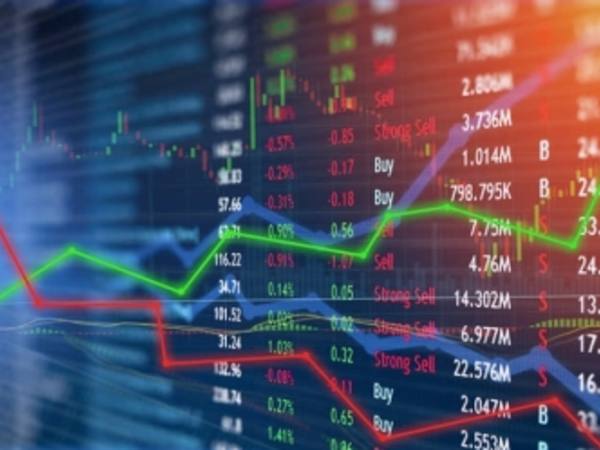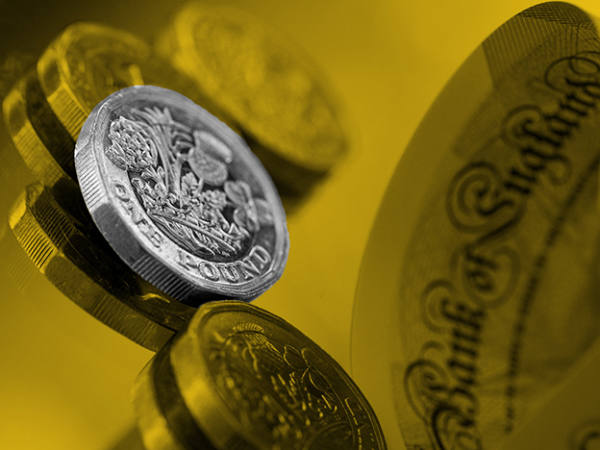- How bad are bananas? was revised in 2020 to include up-to-date statistics for using your money responsibly
- Mortgages and pensions are a major consideration for people thinking about their carbon footprint
In 2010 English professor Mike Berners-Lee documented “the carbon footprint of everything” in his statistics book How bad are bananas? The edition was revised in 2020 to include a wealth of up-to-date figures, which can be used to inform many money-making decisions with climate change in mind.
It’s a pressing topic – in the first quarter of 2021, $178bn flowed into green energy funds and demand for clean, ethical investment products continues to swell. But Berners-Lee’s book points out that it is not enough to simply pick green-fingered funds. Most of the wealth of Brits is tied up in their pensions and mortgages and it is in these industries where bigger changes need to be made to protect the planet.
The book points out that in the UK a £200,000 mortgage on 2.5 per cent interest rate releases £1,000kg of carbon dioxide emissions per year owing to computing and manpower, offices and maintenance. Thus, in theory, reducing the number of years over which you intend to pay your mortgage back to the bank can help reduce your carbon footprint. Easier said than done, I hear you say. The reason the average length of a mortgage in the UK is 25 years is because property is expensive – for those who want to get onto the housing ladder, a long-term mortgage repayment plan is essential.
And then there are workplace pension schemes, where the distribution of money often falls out of the hands of the individual scheme holders. The book praises Royal London Exchange and Aviva – the top two most sustainable pension schemes of 2019 – and draws attention to ‘Make My Money Matter’: a thriving campaign lead by screen-writer Richard Curtis, which puts pressure on pension funds and banks to invest with the climate in mind.
So why read this book as an investor? At first glance it has little to do with portfolios and more to do with shopping baskets. In fact, the breakdown of carbon footprint in everyday items suggests we all undertake a style of micro-management that verges on insanity. Let’s be honest, most of us are not that interested in the carbon footprint of 1kg of rice or a toilet roll (although a few covidiots should take note). But Berners-Lee points out that, “every time we spend or invest money, we support one version of the future or another” and he has plenty of ideas regarding how we can distribute our money positively.
How bad are bananas? steers clear of being overly gloomy, even when discussing the recent pandemic. Berners-Lee points out that the growth in the use of video conferencing services especially by Zoom (US:ZM) has had a positive impact on carbon footprint – 20 tonnes of CO2e are saved per year by not flying Europeans to a Hong Kong business meeting.
But one modern technology that does not come out so favourably is cryptocurrencies, which are identified as “one of the most fundamentally pointless ways of using energy”. Bitcoin alone accounts for 0.3 per cent of global electricity usage, and cryptocurrencies in general a shocking 0.5 per cent. If growth in this industry continues, Bitcoin could push the world over two degrees warming within the next 20 years.
Berners-Lee points out the damages our money can make but he also suggests ways to make amends. At the back of the book there is a nerdy table that breaks down the carbon footprint of goods and services. It presents how many kilograms of CO2e are released with each £1 transaction. Interestingly, the industries that came out on top were real estate at 0.05kg and legal activities at 0.07kg. To put this into context air transport contributes a whopping 3.76kg by contrast.
So how can we invest in these sustainable industries? There is a lot of opportunity to make money from real estate, but when it comes to profiting from legal activities, investment becomes a little more complicated. In 2007, the Legal Services Act (LSA) shook up the traditional partnership model of UK law firms by allowing firms to register as Alternative Business Structures (ABS). This allowed non-lawyers to participate in the ownership of law firms, unlike the traditional model where the profits of a firm could only be shared between its partners. There have been over 500 ABS registrations since the LSA came into force and a growing appetite for law firm listings on the London Stock Exchange.
The book How bad are bananas? invites us to think about our money with a refreshing sense of optimism. Rather than spending too much time accusing rich people of killing the polar bears it highlights the opportunity we have to make a positive environmental difference with our money.











